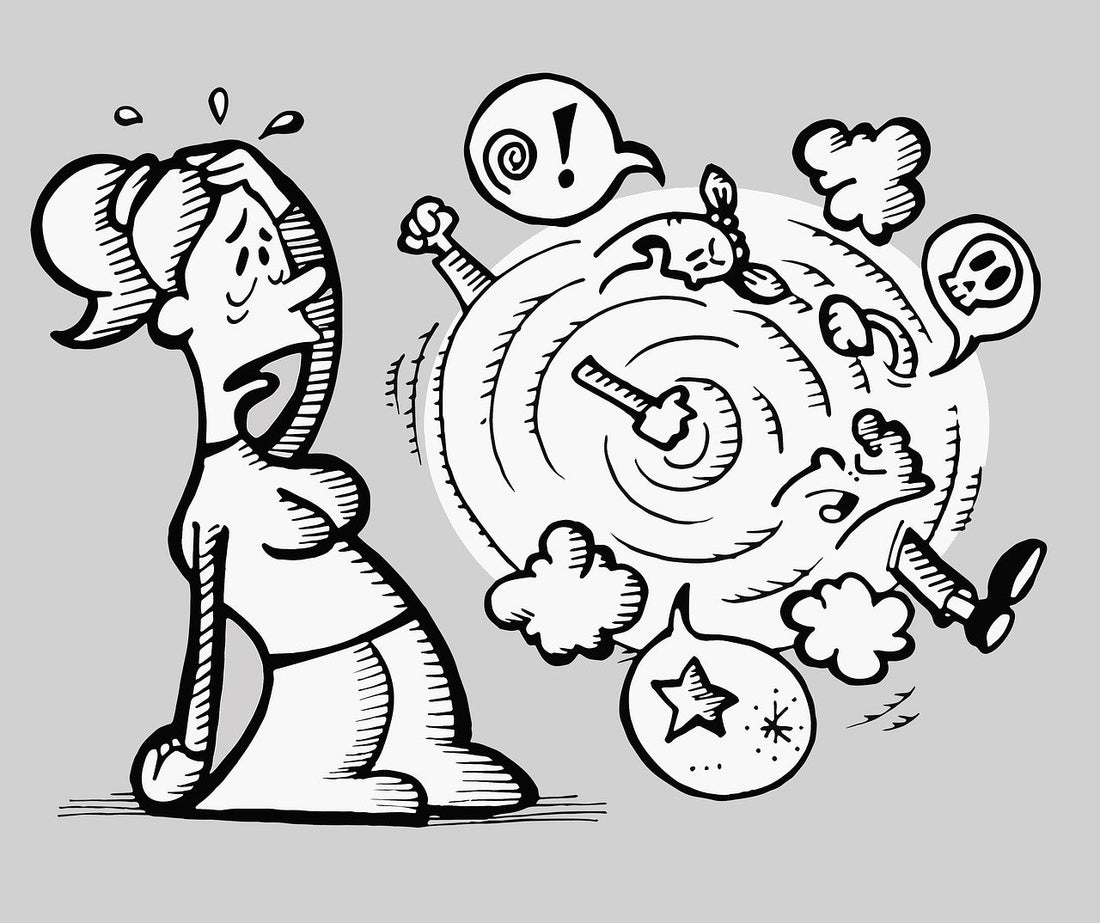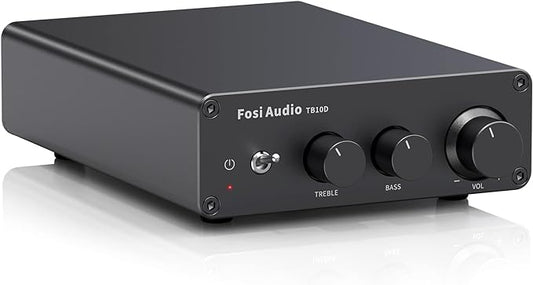Here's a statement from a viewer on our YouTube channel.
"Virtually every single scientific analysis of premium cables versus average cables has shown that there is no measurable difference. Certainly no measurable difference that the human ear could detect. It's always a bit disappointing seeing experienced people such as yourself supporting the absolute debunked theory that premium cables sound better than average everyday decent cables. If there was indeed a difference it would be measurable using instrumentation-this fails every single time."
What's wrong with this? Maybe let's start with how this emphatic approach to something is just so convincing.
"Every single scientific analysis..." Now, despite the fact the viewer hasn't listed any scientific analysis as a reference, one must admit this is a very, very powerful argument.
Baseless, yet extremely powerful. And here's the point. While it is well crafted like any excellently crafted untruth or made up story, it has at its core a believable premise. In fact, there have been a number of scientific studies that show nothing measurable that we can put our finger on and say, "aha!".
I think it's important to remember that just because there have been studies and opinions one side of an argument that it doesn't by default mean the conclusions are accurate. Take for example the many examples of medical studies that showed one thing but it turned out to be something else.
One of the more famous ones concerned ulcers. When I was growing up, ulcers came from too much worrying or eating spicy foods. Study after study confirmed this (how? they took large portions of patients with ulcers and asked if they worried a lot). It wasn't until Australian researchers Barry Marshall and Robin Warren discovered that the bacterium Helicobacter pylori (H. pylori) was the primary cause of most stomach ulcers.
Back to HiFi.
What happens when we present arguments and statements like the emphatic one I first presented? Does it tend to polarize people in one direction or another? Is there value in that (other than gathering more support on one side or another)?
When I speak publicly about cable differences (or amps or DSD vs. PCM) I try and make a point of emphasizing that this is my experience and if available, here is the supporting evidence I used to help me make that conclusion.
We all like to be right. I just hope we can work towards helping spread ideas and observations that might just make someone's stereo system sing sweeter than it ever did in the past.









